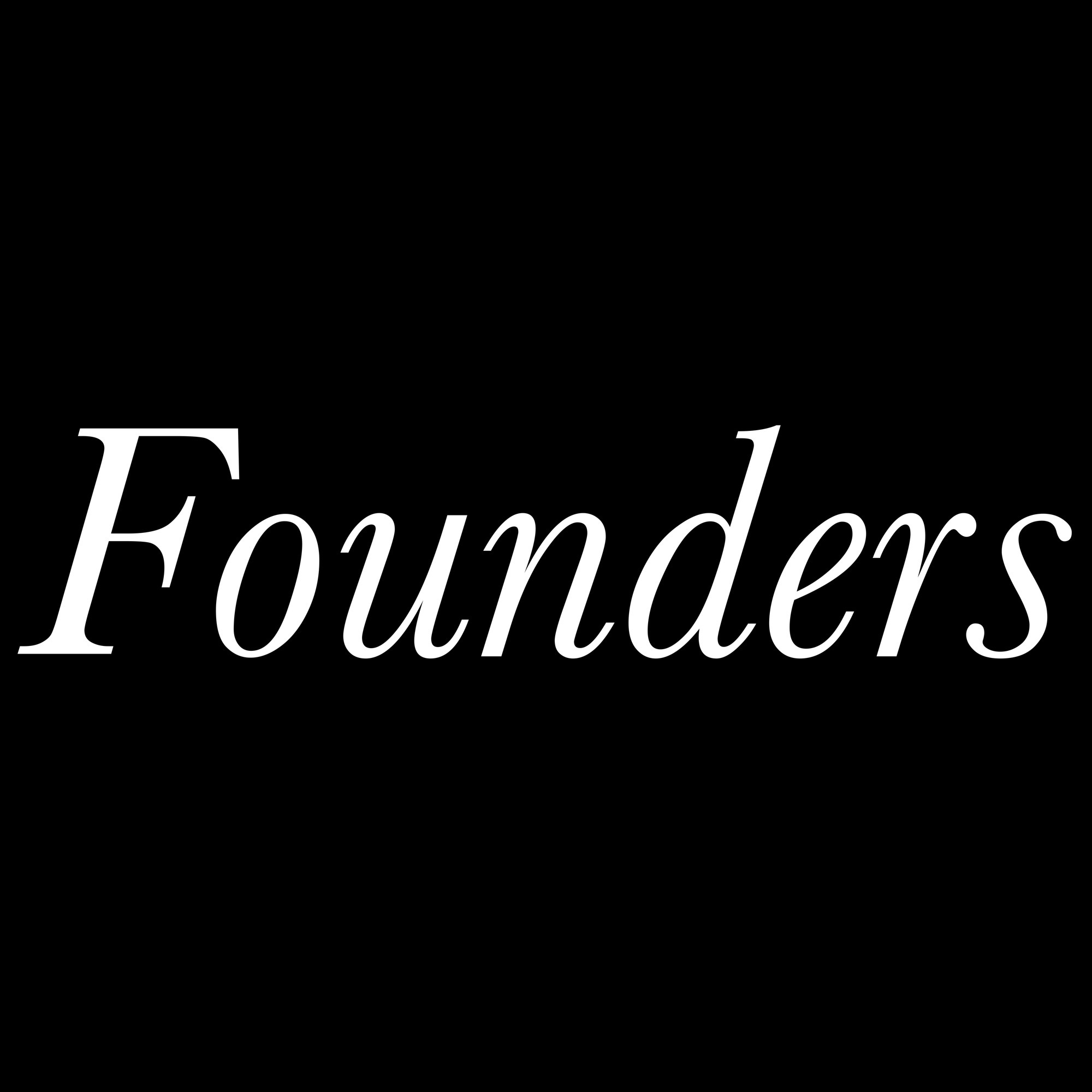Transcript
Introduction
I'm a little hesitant about writing this book. This is a book about running, not a treatise on how to be healthy. I'm not trying to give advice here, like, okay, everybody, let's run every day to stay healthy. Instead, this is a book in which I've gathered my thoughts about what running has meant to me as a person. Just a book in which I ponder various things and think out loud. No matter how mundane some action might appear, if you keep at it long enough, it becomes a contemplative, even meditative act.
Once I was lying around a hotel room in Paris reading the International Herald Tribune when I came across a special article on the marathon. There were interviews with several famous marathon runners, and they were asked what special mantra goes through their head to keep themselves pumped up during a race. I was impressed by all the different things that these runners think about as they run 26.2 miles.
